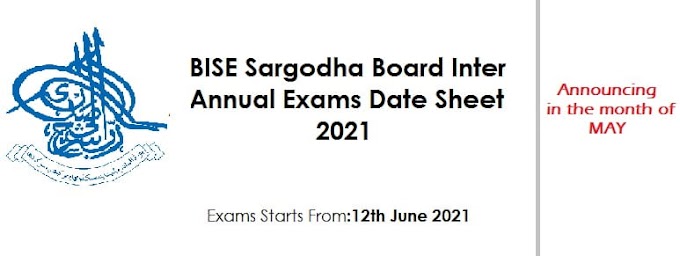Present perfect continuous tense
Present perfect continuous tense structure:
Affirmative Sentence structure:
Subject + has been / have been + 1st form of verb - ing + object + since / for + time / date
Affirmative sentence structure of present perfect continuous tense contains "has" and "have". "has" is used when the subject is " he, she, it, singular" and "have" is used when the subject is " I, we, they, you, plural".
It is present perfect continuous tense so we use "the first form of the verb with - ing".
Use of since and for:
Since:
We use the "since" when the "period, time, and duration" is known exactly. Period means " years etc" and the word "time" means " clock time" and duration means " name of the week, name of months.
the word "since" is used with the following words:
Since Morning, Since Evening, Since Night, Since Noon, Name of the year " 2021, 2020", Name of the week "Sunday, Monday, Tuesday, etc ", Name of the month " January, February, March, etc", Clock time " 2⁰Clock, 3⁰Clock, etc", Since Childhood, etc.
For:
We use the "for" when the "period, time, and duration" is not known exactly.
"For" is used with the following words:
For many days, for 10 minutes, for three months, for three days, for three years, for 10 years, for three weeks, etc.
Present perfect continuous tense negative sentence structure:
Present perfect continuous tense interrogative sentence structure:
Has / Have + subject + 1st form of verb - ing + object + since / for + time / date
Present perfect continuous tense examples:
- Affirmative / Simple: He has been cooking food since evening.
- Negative: He has not been cooking food since evening.
- Interrogative: Has he been cooking food since evening?
- Negative & Interrogative: Has he not been cooking food since evening?
- I have been playing Cricket since 2⁰Clock.
- I have not been playing Cricket since 2⁰Clock.
- Have I been playing Cricket since 2⁰Clock?
- Have I not been playing Cricket since 2⁰Clock?
- We have been eating mangoes for 10 years.
- We have not been eating mangoes for 10 years.
- Have we been eating mangoes for 10 years?
- Have we not been eating mangoes for 10 years?
Present perfect continuous tense rules:
- Always use "has been & have been"
- Always use "the first form of verb + ing"
- Always use "since and for"






0 Comments